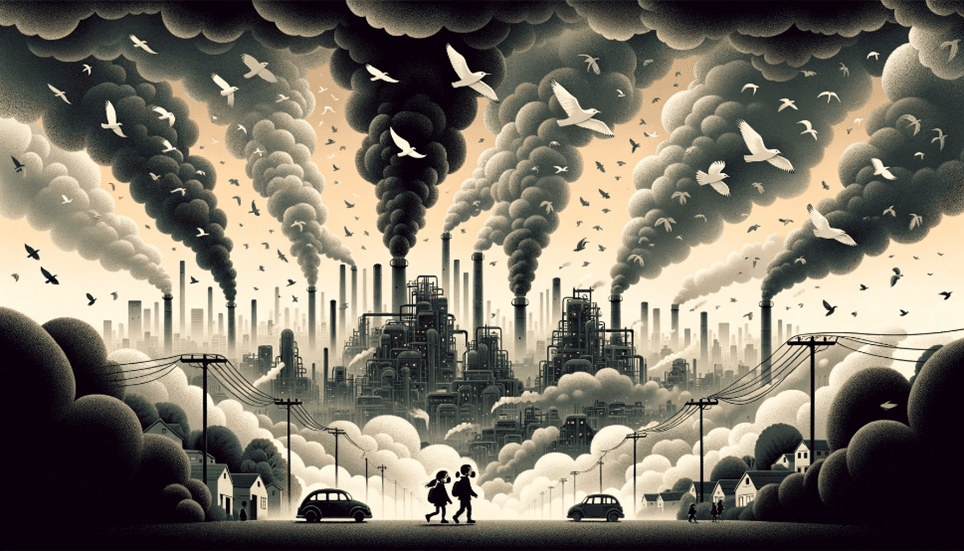
Firstly, the use of fossil fuels is responsible for a large proportion of greenhouse gas emissions, which contribute to global warming. Experts agree that to avoid the worst consequences of climate change, it is essential to reduce greenhouse gas emissions and make the transition to cleaner energy sources.
Secondly, fossil fuels are a finite and non-renewable resource. Although known reserves are still considerable, they will be exhausted at some point. Businesses and governments must therefore prepare for a transition to alternative energy sources to avoid an energy crisis.
Finally, the extraction and use of fossil fuels have negative impacts on the environment, including air and water pollution, the destruction of ecosystems and the disruption of local communities.
To move away from fossil fuels, we need to invest in clean energy technologies such as wind, solar, hydroelectric and geothermal power. Governments, businesses and individuals can also help reduce energy demand by adopting eco-responsible practices, such as energy efficiency, waste reduction and sustainable modes of transport.


The transition to renewable energies presents a number of major challenges, including :
In short, the energy transition to renewable energies is essential for combating climate change, strengthening energy security, stimulating technological innovation, promoting social equity and preserving the environment.